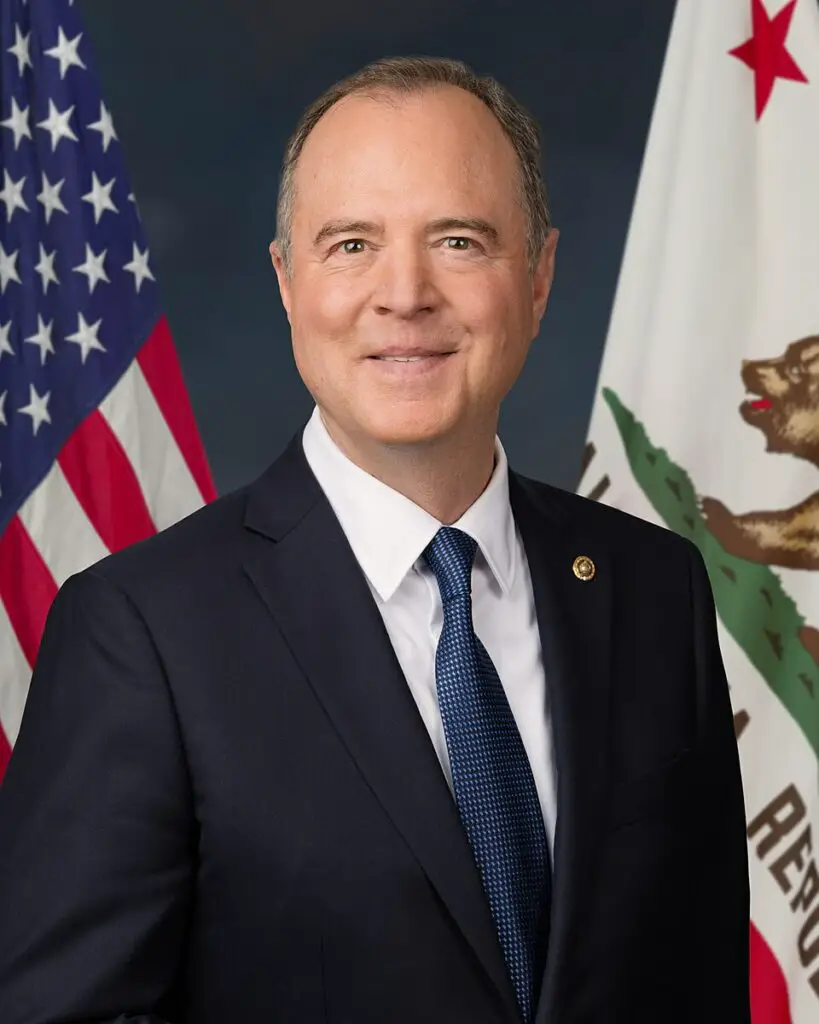Recently, a number of striking political headlines claimed that Senator Adam Schiff could face extremely serious consequences for allegedly leaking classified information. These headlines have raised concern among readers because they refer to large financial penalties and long prison sentences. The reality behind the story is far less dramatic, however, since plenty of these allegations have not been confirmed by any official sources.
The controversy started after a whistleblower who claimed to have worked for Democrats on the House Intelligence Committee for more than a decade claimed that during the height of the Trump–Russia investigation, Schiff approved the release of classified information to certain members of the media in order to damage the reputation of President Donald Trump.
Further, the whistleblower claimed Adam Schiff expected to be appointed CIA Director if Hillary Clinton had won the 2016 election, which added another layer of political intrigue to the accusations.
According to the whistleblower, they objected to Schiff’s alleged action, referring to the plan as unethical and possibly harmful to national security. After some of the colleagues tried to convince them that the plan would remain out of the sight of the public eye and brushed off the concerns, he turned to the FBI.
Based on what they stated, they contacted the bureau in 2017 and again in 2023 and was later dismissed from his job. Although these details make a dramatic story for the media, the allegations were never confirmed by any officials.
Having in mind that anything related to the Trump–Russia investigation ignites strong public reactions, it doesn’t come as a surprise that Schiff’s story received that much attention by the media despite the lack of evidence.
There is also the simple fact that a headline stating a senator could face twenty years in prison attracts far more views than explaining that the penalties mentioned are only theoretical possibilities found in general federal law. At the moment, there is no active case in which these penalties would apply to Schiff. They represent the maximum punishment that could be handed out in classified-information cases in general, not a punishment being considered for him.
Part of the story also involves the whistleblower’s claims about the FBI. According to them, the bureau ignored their reports and senior officials refused to act. As of now, none of this has been verified. The FBI has not confirmed the whistleblower’s account, and it has not released any statements that support or dispute the claims.
Without confirmation from the bureau itself, there is no way to know whether the whistleblower’s account reflects what actually happened or whether the FBI even considered his concerns credible.
Schiff has denied accusations of leaking classified information many times in the past. He has said repeatedly that these claims are politically motivated and designed to harm his reputation. Although he has not released a detailed response to this particular whistleblower report, his earlier statements make it clear how he views accusations of this kind.
The harsh penalties people mention for leaking classified information do not apply to Adam Schiff because he has not been charged and no investigation has been announced. Legal experts often discuss theoretical punishments, but none relate to his situation. Members of Congress also have constitutional protections that make prosecution difficult.
Right now, the only confirmed facts are that a whistleblower made accusations, some outlets reported them, and Schiff has denied similar claims before. No federal agency has verified the allegations, so the story remains unproven. Until there is official confirmation, the claims should be treated as allegations rather than established fact.
Please SHARE this article with your family and friends on Facebook.
Bored Daddy
Love and Peace


